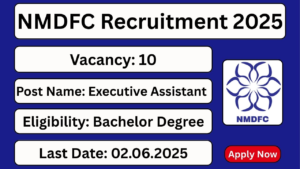Germany’s Strategic Move: Addressing Labor Shortages Through Visa Reforms
A Response to Growing Labor Shortages
Germany, a nation renowned for its robust economy and skilled workforce, is currently grappling with a significant labor shortage. This shortage is particularly acute in sectors such as technology, engineering, and healthcare. To mitigate this issue and maintain its economic competitiveness, the German government has taken a proactive step by approving more professional visas.

Attracting Global Talent
By easing visa restrictions, Germany aims to attract skilled workers from around the world. This strategic move will help fill critical labor gaps and bolster the country’s innovation ecosystem. By welcoming foreign talent, Germany seeks to maintain its position as a global innovation hub and drive economic growth.
A Win-Win Situation
The relaxation of visa regulations is expected to benefit both Germany and the skilled workers who choose to relocate. For Germany, it will alleviate labor shortages, boost productivity, and foster economic growth. For foreign workers, it will provide opportunities to pursue fulfilling careers in a stable and prosperous country.
Addressing Potential Challenges
However, it is crucial to ensure that the influx of foreign workers does not exacerbate existing social and economic challenges. Proper integration policies and support systems must be in place to facilitate the smooth transition of immigrants into German society. Additionally, it is essential to address potential concerns regarding competition for jobs and housing.
A Strategic Move for the Future
By carefully balancing the benefits and challenges, Germany can effectively leverage immigration to address its labor shortage and strengthen its position as a global economic powerhouse. This strategic move not only benefits the German economy but also offers promising opportunities for skilled workers from around the world.










